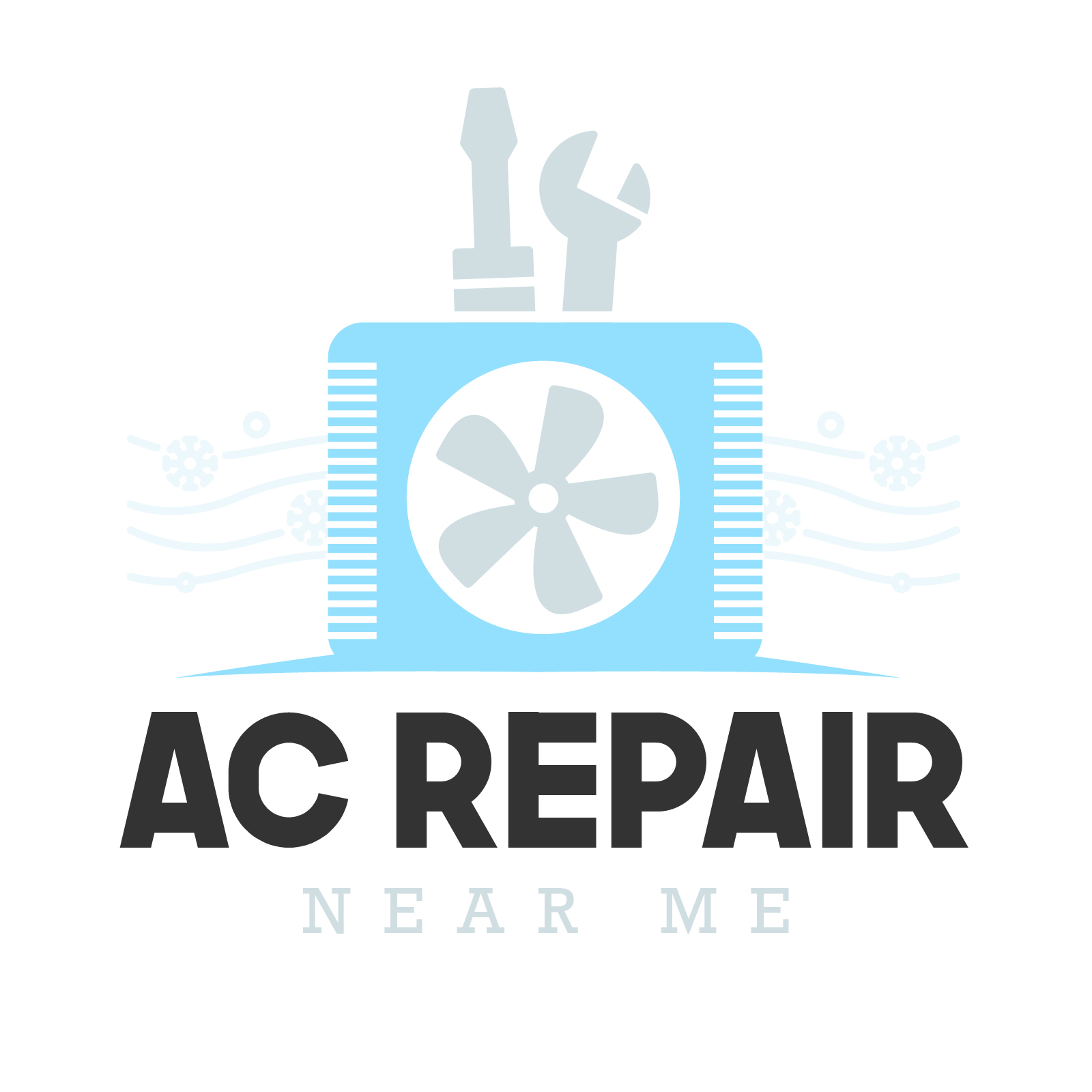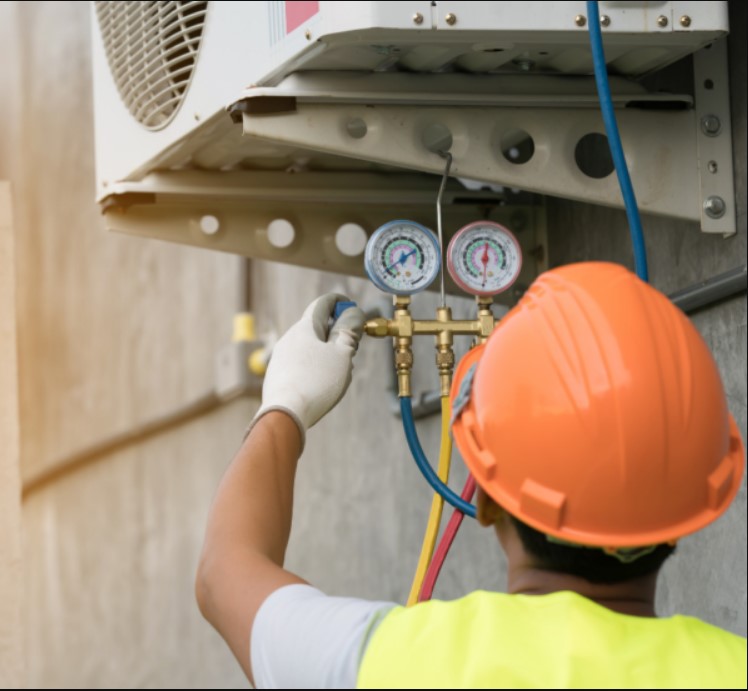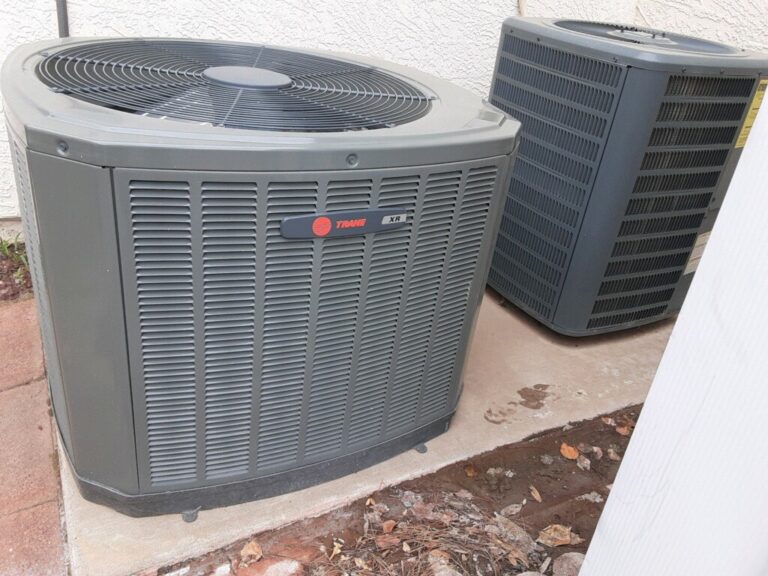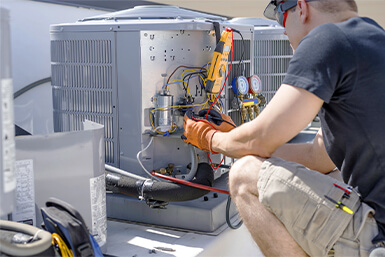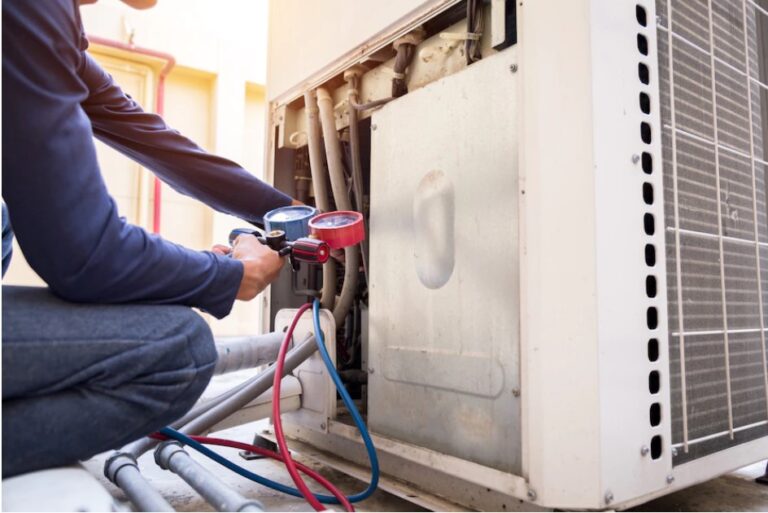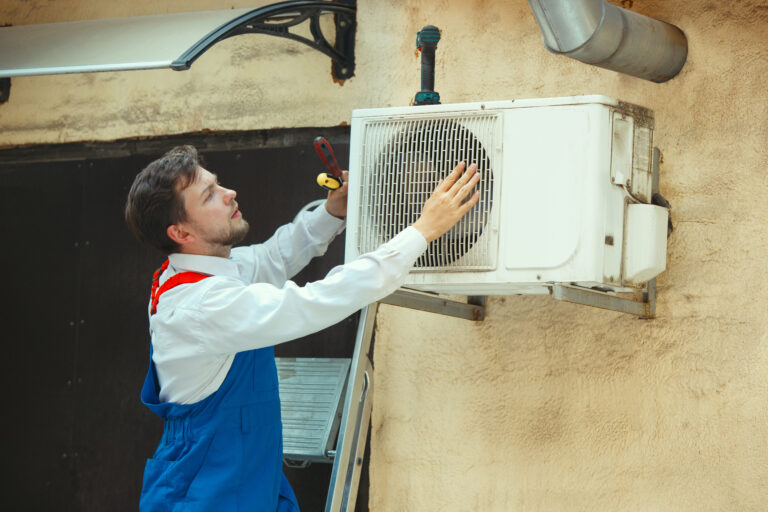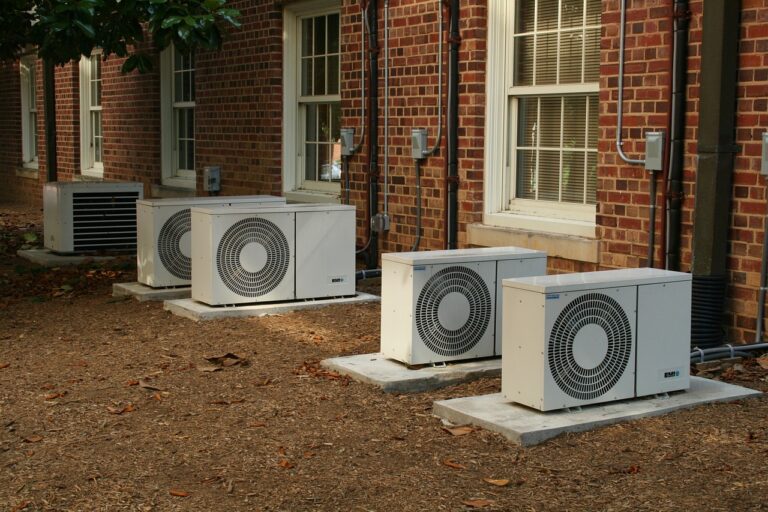Tips for Keeping Your AC Condenser in Good Condition
Summertime is upon us and that means it’s time to start thinking about our air conditioners. For many of us, that means making sure our AC condenser is in good working order. Here are a few tips to help you keep your AC condenser in good condition:
1. Keep it clean – The first step to keeping your AC condenser in good condition is to keep it clean. Dust and dirt can build up on the coils and cause the unit to work harder than it needs to. Regularly cleaning the unit will help it run more efficiently.
2. Check the fins – The fins on the AC condenser can become bent or damaged over time. This can cause the unit to work less efficiently. Inspect the fins regularly and straighten them out if necessary.
3. Keep an eye on the level – The level of refrigerant in your AC unit is important for its efficiency. Make sure the level is where it should be and add more
Why is it important to keep your AC condenser in good condition?
The condenser in your air conditioner is responsible for converting refrigerant gas into a liquid form. This process releases a great deal of heat, which is then dissipated by the condenser coils. In order for your air conditioner to function properly, the coils must be kept free of dirt and debris. Additionally, the coils must be properly lubricated to prevent them from over-heating.
Tips for cleaning your AC condenser
Your air conditioner’s condenser is an essential part of its cooling system, so it’s important to keep it in good condition. Here are some tips for keeping your AC condenser clean:
1. Keep the area around your condenser clear of debris.
2. Once a month, use a garden hose to spray the coils and fin areas of your condenser.
3. If you have an older unit, you may need to have it professionally cleaned every few years.
4. Don’t forget to check your owner’s manual for specific maintenance instructions for your unit.
Tips for troubleshooting your AC condenser
If your AC unit is not cooling your home as efficiently as it used to, there might be something wrong with the condenser. This is the outdoor unit that contains the compressor and fans. Here are some tips for troubleshooting your AC condenser:
-Make sure the condenser is getting enough airflow. The fans need unobstructed airflow to work properly. Check around the unit and make sure there is nothing blocking the fan blades.
-Clean the condenser coils. Dirty coils can cause the unit to overheat and shut down. Use a soft brush or vacuum attachment to remove dust and debris from the coils.
-Check for ice buildup. Ice on the coils can prevent proper heat transfer and cause the unit to shut down. If you see ice, turn off the unit and allow it to thaw completely before turning it back on.
-Make sure the evaporator drain is clear. A clogged evaporator drain can cause water to back up into the unit, damaging it. Check the drain line periodically and clear any blockages you find.
How often should you check your AC condenser?
Your condenser unit is one of the most important parts of your AC system, and it’s important to keep it in good condition. Here are a few tips on how often you should check your AC condenser:
-At least once a month, inspect the unit for any dirt, debris, or leaves that may have accumulated.
-If you notice any build-up, gently remove it with a soft brush or cloth.
-Be sure to check the fins on the condenser coils for damage. If they are bent or crushed, they won’t be able to dissipate heat effectively.
-Once a year, have a professional service technician inspect and clean the unit.
How to know if your AC condenser needs to be replaced
Replacing an outdated or damaged AC condenser is crucial for maintaining the efficiency of your air conditioner. Not sure if your condenser needs to be replaced? Here are some telltale signs:
-Your energy bills have gone up: If your energy bills have been gradually increasing, it could be because your condenser is working overtime to compensate for a poor seal or damage.
-There is refrigerant leakage: If you notice any refrigerant leakage, it means that your condenser is not able to properly cool the air. This leads to inefficiency and higher energy bills.
-The unit is more than 10 years old: Just like any other appliance, an AC condenser has a limited lifespan. If yours is more than 10 years old, it’s time to start thinking about replacement.
-It makes strange noises: If you notice anything other than the usual humming sound, it could be a sign that your condenser is beginning to fail.
How to find a good AC condenser replacement
Your AC condenser is one of the most important parts of your air conditioning system, and it’s important to keep it in good condition. A well-maintained condenser can last for many years, but eventually, it will need to be replaced. When that time comes, you’ll need to know how to find a good replacement.
Here are a few tips:
-Check with your local HVAC contractor: they will likely have a list of recommended brands and models.
-Read online reviews: there are many websites that allow consumers to post reviews of products and services. This can be a good way to get information about the quality of different condensers.
-Talk to your friends and neighbors: they may have recently replaced their own condenser and can give you advice on who to call and what to expect.
-Check with the manufacturer: if you have a specific brand or model in mind, contact the company directly and ask about their recommended replacements.
How to install a new AC condenser
Assuming your old unit is beyond repair, you’ll need to purchase a new air conditioner condenser. This unit is usually located outside the home, and helps to dissipate the heat that your AC pulls from inside your home. When shopping for a new unit, be sure to buy one that is sized appropriately for your home — if it’s too small, it won’t cool your home efficiently, and if it’s too big, it will cool your home too quickly, leading to higher energy bills.
Once you have your new condenser, follow these steps to install it:
1.Turn off the power to your AC unit at the breaker box.
2.Remove the old condenser unit from its mounting bracket.
3.Disconnect the electrical wires from the old condenser unit.
4.Remove the old condenser unit from its location.
5.Install the new condenser unit in the same location as the old one.
6.Connect the electrical wires to the new condenser unit.
7.Turn on the power to your AC unit at the breaker box
How to properly maintain your AC condenser
Your AC condenser is an essential part of your air conditioning system, and proper maintenance is important to keep it running efficiently. Here are a few tips on how to properly maintain your AC condenser:
-Make sure the condenser is level. An unlevel condenser can cause the coolant to leak out and the unit to overheat.
-Keep the area around the condenser free of debris. Debris can prevent air from flowing properly through the unit, causing it to overheat.
– Inspect the fins on the condenser for damage. Damaged fins can cause the unit to overheat and may need to be replaced.
-Clean the coils on the condenser with a soft brush or cloth. dirt and debris can build up on the coils and cause them to be less efficient.
